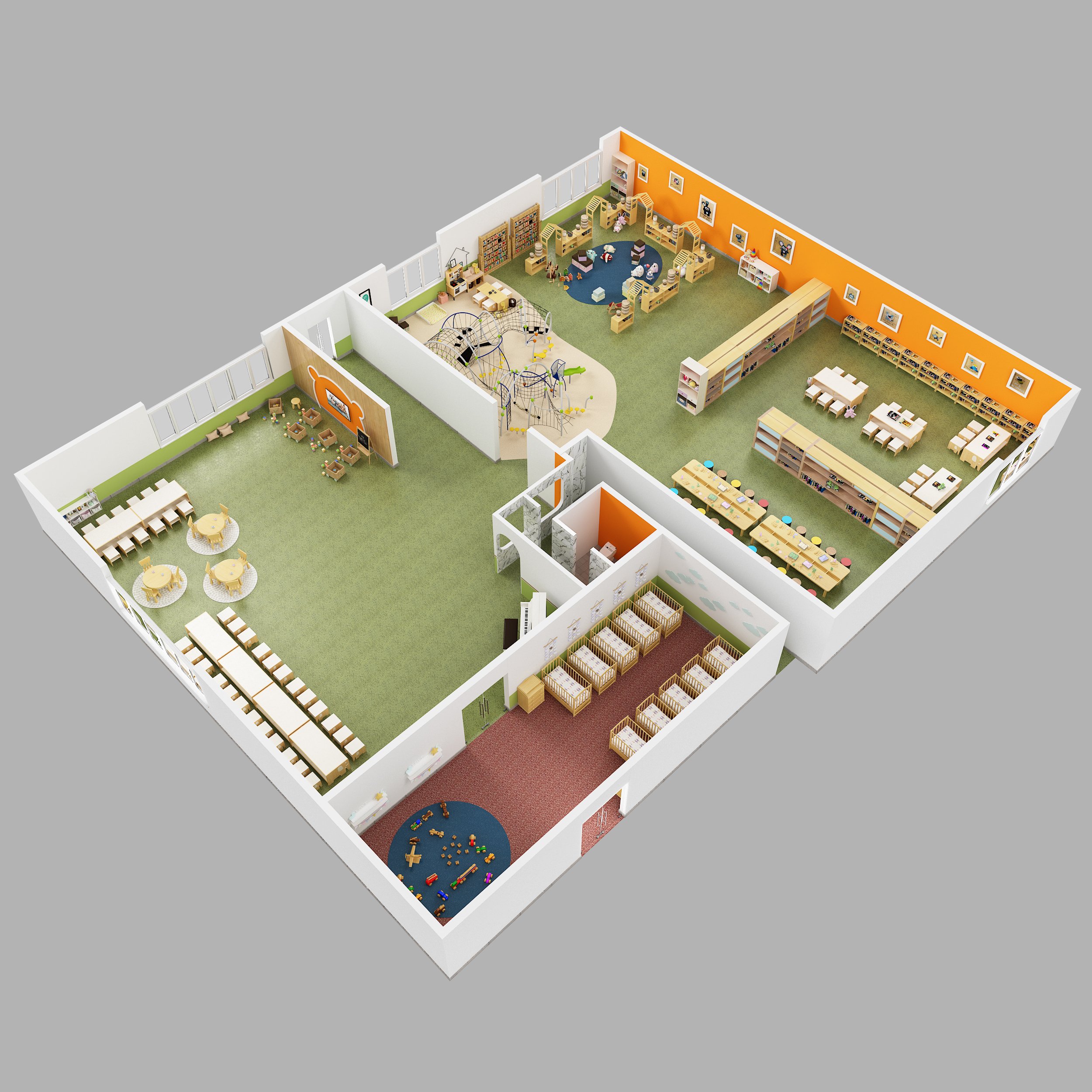Venturing into commercial real estate marketing? If you don’t have a marketing background, you’re in for a surprise. Time to take a look at the systems and assets you’ll need to succeed.
For real estate agents, marketing isn’t always second nature. Inbound marketing and lead generation aren’t necessarily part of the job description.
But agents can take a few tips from the professional marketer’s handbook. With the right tools, their basic instincts for selling real estate will carry over to their first commercial real estate marketing strategies.
What is Commercial Real Estate Marketing?
You may have a lot to learn about commercial real estate marketing. But in practice, it’s not new.
Every homeowner is familiar with real estate agent advertising. They appear through additional channels like billboards, lawn signs, and face-to-face interactions.
There is nothing wrong with these techniques. The problem is most often the approach.
For many agents, they aren’t selling real estate. They are selling themselves, and they are their own brand.
But customers need something more. They need to perceive value in those brands. And to accomplish that, agents need a modern real estate marketing strategy.
The Strategies for Marketing in Real Estate
The buyer’s journey described in marketing differs from marketer to marketer. But some things remain consistent throughout.
Customers begin at the ‘Awareness’ stage, where they decide they want to solve their problems. They then move through the ‘Consideration’ and ‘Decision’ stages. They’re gradually approaching a sale.
The following strategies will help you guide them through that journey.
1. Establish Your Real Estate Brand Identity
Your customers want homes. But what do they want from those homes? Those are the problems your brand should address.
Research is your first step. Find out what other brands are doing in your space. Then you need to get to know your customers.
Before you choose your brand identity, build some buyer personas. These are fictional representations of your ideal customers.
Put down characteristics like needs, behaviors, and demographics. You can create these ideas based on what you are selling, and whom you think would be a good fit.
Your brand identity should be approachable to people who have these characteristics. Consider the size, price, and location of your properties and how they will meet the needs of these buyers to begin.
2. Develop a Holistic Marketing Plan
A marketing plan includes your assets, methods, and strategies for successful commercial real estate marketing. It should also include any channels you choose to use. Examples include digital, social media, and local.
Most of your potential buyers will begin by searching online. That’s why digital aspects should be your first focus area. This is especially important for buyers during their ‘Consideration’ phase.
However, as you approach the ‘Consideration’ and ‘Decision’ phases, you may need to be more hands on. This can include local marketing that guides buyers to a sale. You will also need cutting edge selling tools for in-person engagements.
You cannot engage in all types of marketing. Identify which strategies best fit your market. Your final plan should use all of these elements within the Buyer’s Journey.
3. Refine Your Digital Strategy
Digital marketing covers a wide range of platforms on which you can start building your brand. Not all platforms will be best suited for your business.
There are some key components that apply to all digital strategies.
The content strategies should include all of the design and informational elements of your marketing plan. This includes shareable content for your digital efforts. You will need content that provides value to buyers before content that promotes your services.
The brand website should be the central hub of your digital marketing agenda. Here buyers can learn more about your brand, get information, and connect with you during the ‘Awareness’ and Consideration’ stages.
Your website should be optimized for search engines (SEO) using language from your buyer personas. This enables the right people to find your brand.
Social Media is the most personal form of digital marketing. An effective social media strategy helps agents engage with buyers directly without committing to a face-to-face meeting.
4. Use Tools & Technologies for Effective Selling
Be prepared to sell when your prospects arrive at the ‘Decision’ stage. They are now ready for face-to-face visits that will lead to a sale.
At this stage, they want to be ‘wowed’ by what you have to offer. Now is when hands-on and brand content assets become valuable.
3D renderings and visualizations can turn your properties into visual wonders for your buyers. With only a few resources, modern designers can convert a showing into a 360-degree carousel.
5. Partner with a Marketing and Design Specialist
It takes a lot of time and resources for commercial real estate marketing. But with new partnerships, your time and resources are more manageable than ever.
There is a world of expertise available to you once you know your goals. The first thing to do is set your sights on success. You can find the pathway to get there.
Partnering with Home3ds
Are you ready to talk strategy and design? Home3ds can build out a solution that drives value for your business. Contact us now and we’ll be in touch within 12 hours for an informal chat.

